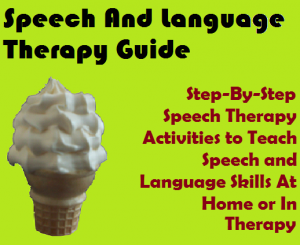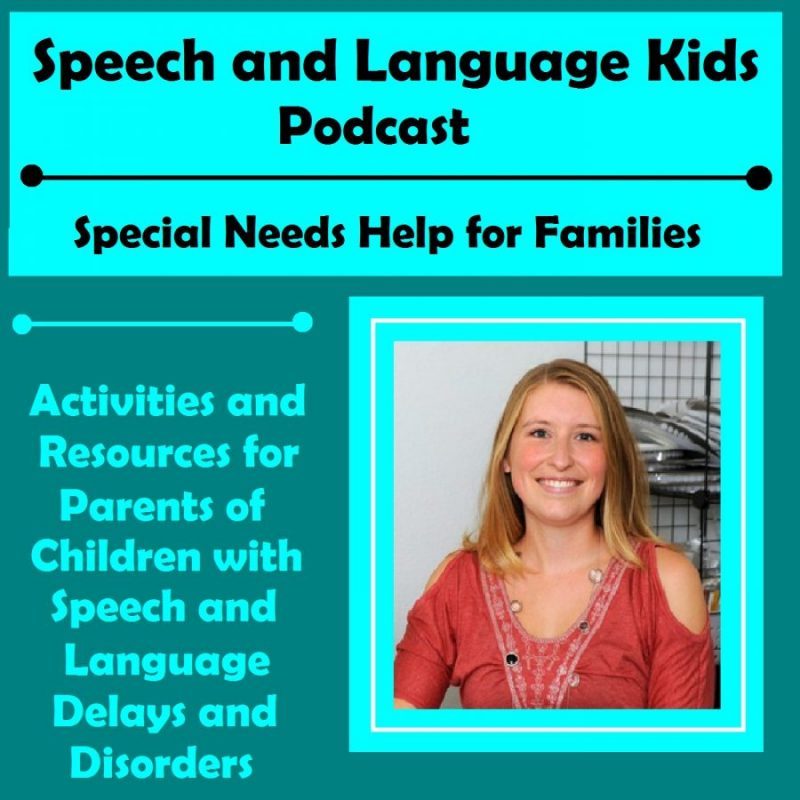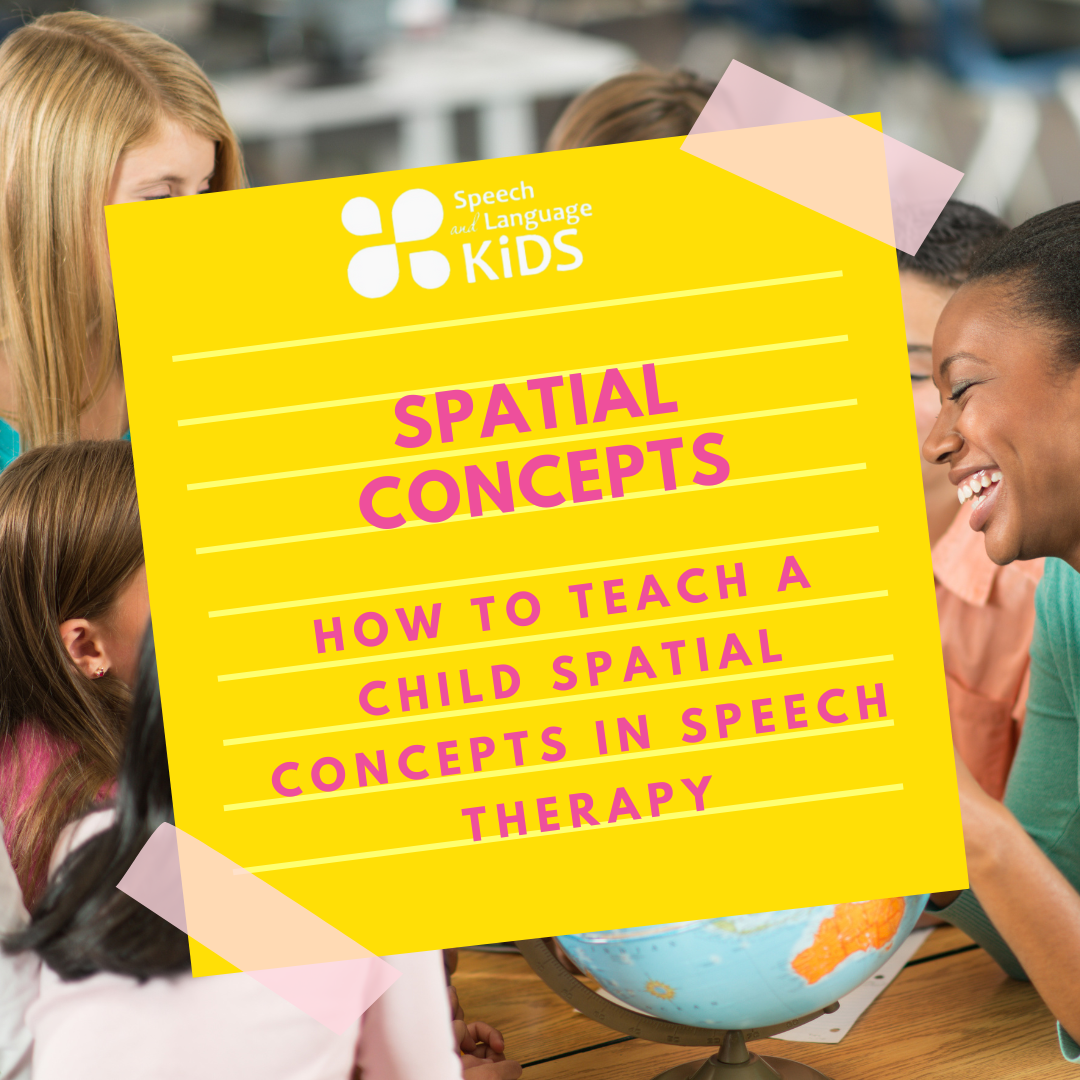Welcome to the IEP and Caseload Resource Page! This page is all about helping you understand and navigate IEPs (as a parent or speech therapist) and manage your therapy sessions and caseloads.
SLPs, you will find valuable information about making your job easier.
Parents, you will find great information about working with your child’s school and managing your speech therapy sessions at home.
What is an IEP Plan?
IEP stands for Individualized Education Plan. This plan is something that a school and parent creates to describe how a child with an identified delay or disability will receive services at school. The following things are generally included in an IEP:
- What therapies a child needs
- Why the child needs those therapies
- What goals the child will work on during the upcoming year
- How the child is currently performing on those goals
- How much therapy time the child will receive to work on those goals
- What the rest of the child’s education will look like (how much time in the regular education classroom)
- Any additional services the child may need, such as special bussing
For more detailed information, check out this podcast episode:
Parent Rights in the IEP Process
The Definitive Guide to IEP Goals: For the Professionals Who Write them and the Parents who Read Them
How Do Parent-Teacher Conferences Work for Children with Speech Therapy
You can request that your child’s speech therapist attend your child’s parent-teacher conferences. Here are some tips for having a successful parent-teacher conference with your child’s speech-language pathologist:
Parent-Teacher Conferences with Speech Therapists
How Long Should Speech Therapy Sessions Last?
Each child is different and some children will benefit from longer or shorter speech therapy sessions, but this podcast discusses some of my recommendations on how long your speech therapy sessions should last at school or at home:
5-Minute Speech Therapy? How Long Should Your Sessions Last?
Where Can I Find Lesson Plans for Speech Therapy?
It is often difficult to know exactly how to teach a speech or language skill. You may also find that the child is tiring of one approach and you need some fresh ideas. This e-book that I created is packed full of fantastic step-by-step lesson plans for 39 different speech and language skills.
Each lesson plan will take you through the various steps of teaching that skill. It includes practical activities as well as worksheets and handouts for each step. It will also help you determine which skills to start on first with a child.
For more information, click below:
 Speech and Language Therapy Guide
Speech and Language Therapy Guide
Where Can I Find Free Materials??
So glad you asked! 🙂 I have a whole page of free speech therapy materials! Head on over and check it out:
How Can I Make Speech Therapy More Fun?
Browse All IEP-Related Articles:
When Questions: How to Teach Your Child
Teaching “When” questions can be very difficult so I’ve broken it up into the four types of “when” questions that are typically asked and how to address each one. 1. Time of
Farmer’s Market Activities for Speech and Language
With warm weather usually comes the opening of Farmer’s Markets. If you do not live in an area where Farmer’s Markets are present, I’m very sorry for you! They’re so much fun! But you
Outdoor Activities for Speech and Language: Podcast 10
In this episode of the Speech and Language Kids Podcast, I give you outdoor activities for speech and language development. And in the quick tip, I'll tell you how you can get direct therapy
Spatial Concepts Speech Therapy: How To Teach a Child to Use Spatial Concepts
Spatial Concepts Speech Therapy: How To Teach a Child to Use Spatial Concepts Spatial concepts like “in”, “on”, “under”, “over”, etc. are especially difficult for children with language delays. You can teach your
Arbor Day Activities for Speech and Language
Did you know that Arbor Day happens in the Spring? I’d tell you an exact date but it’s different for every state. Check out this website that will tell you when your state celebrates
Following Directions: Step By Step Guide – Podcast 9
In this episode of the Speech and Language Kids Podcast, I give you a step-by-step guide to getting your child understanding and following directions. And in the Quick Tip, I tell you about a







